BMW - Serie 7 HYDROGEN MONOFUEL
-
Contenuti simili
-
BMW Serie 1 IV 2024 - Prj. F70 (Spy) 1 2 3 4 9
Pubblicato da Cole_90,
- serie 1
- bmw serie 1 f70
- (e 5 altri in più)
- 80 risposte
- 23022 visite
-
BMW Serie 5 & i5 Touring 2024 1 2
Pubblicato da Osv,
- bmw i5 touring
- bmw ufficiale
- (e 10 altri in più)
- 16 risposte
- 1733 visite
-
- 15 risposte
- 1807 visite
-
-
-


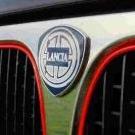

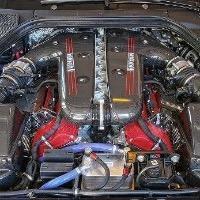


.thumb.jpg.46228d717c405acd43b45b79fddce6a4.jpg)

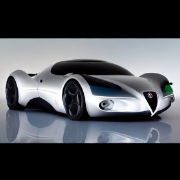


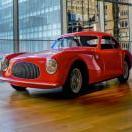


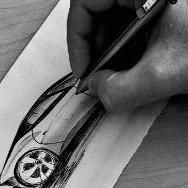





.thumb.jpg.d20c5008a881490f9c7f843d442a34f8.jpg)


Messaggi Raccomandati:
Crea un account o accedi per lasciare un commento
Devi essere iscritto per commentare e visualizzare le sezioni protette!
Crea un account
Iscriviti nella nostra community. È facile!
Registra un nuovo accountAccedi
Sei già registrato? Accedi qui.
Accedi Ora